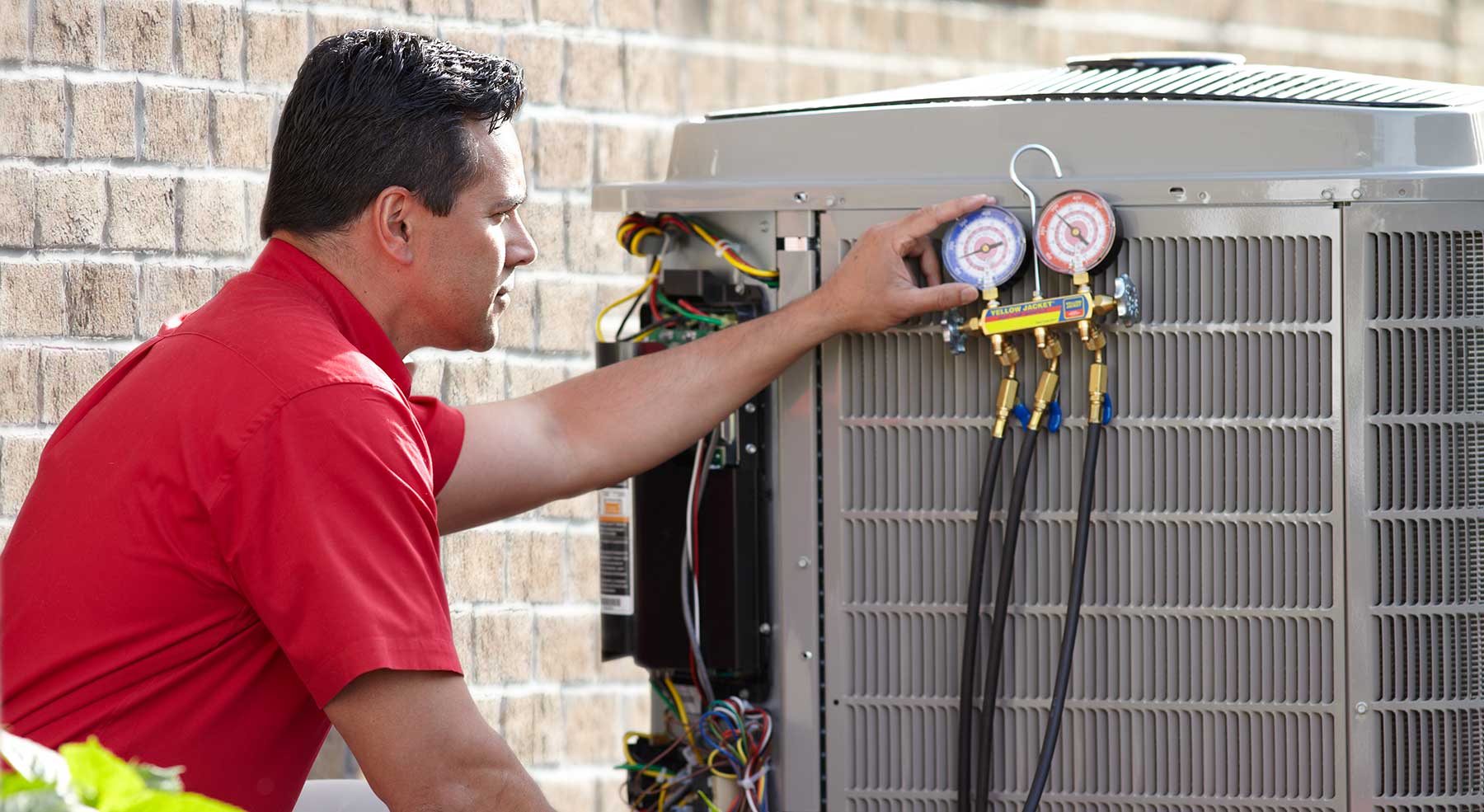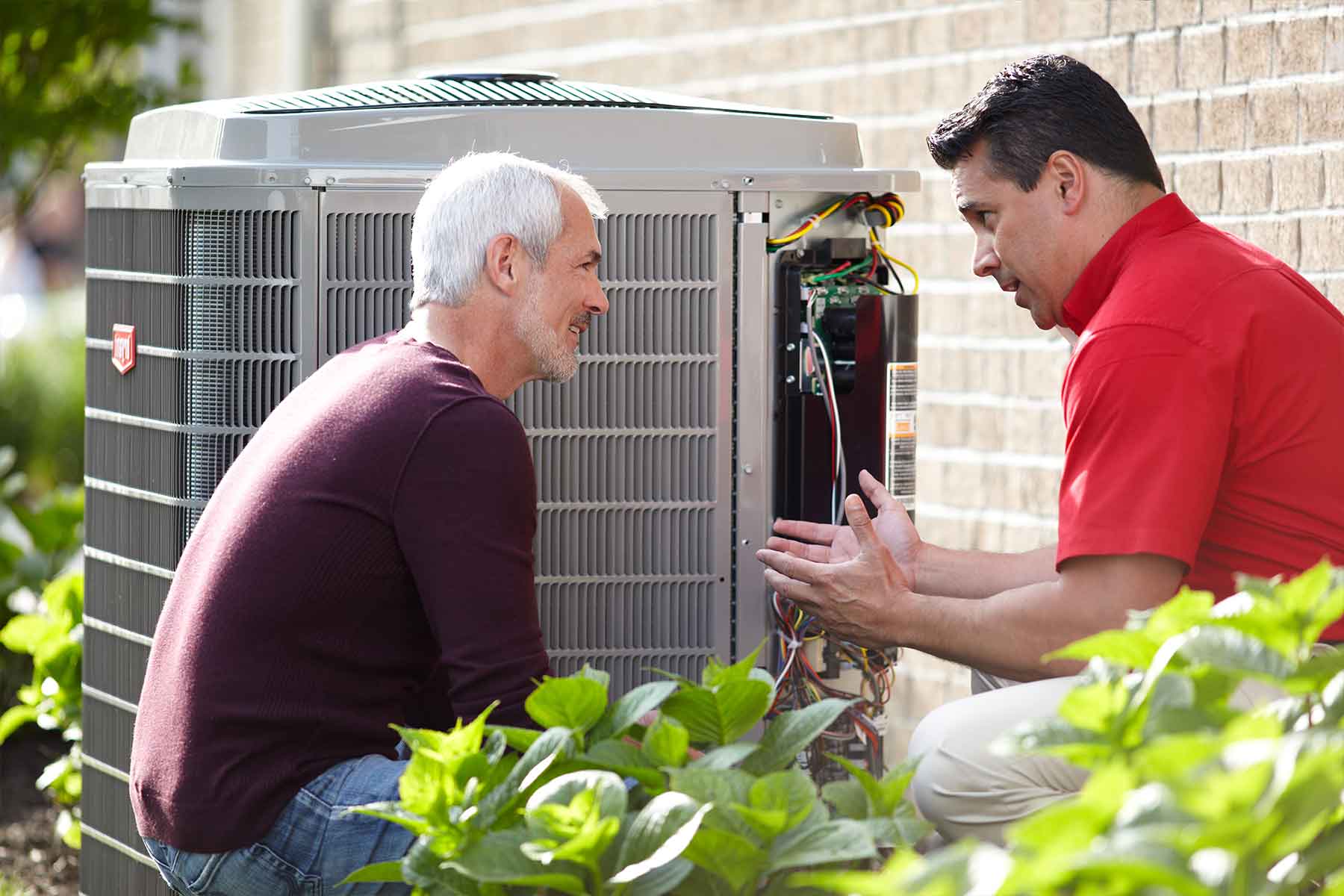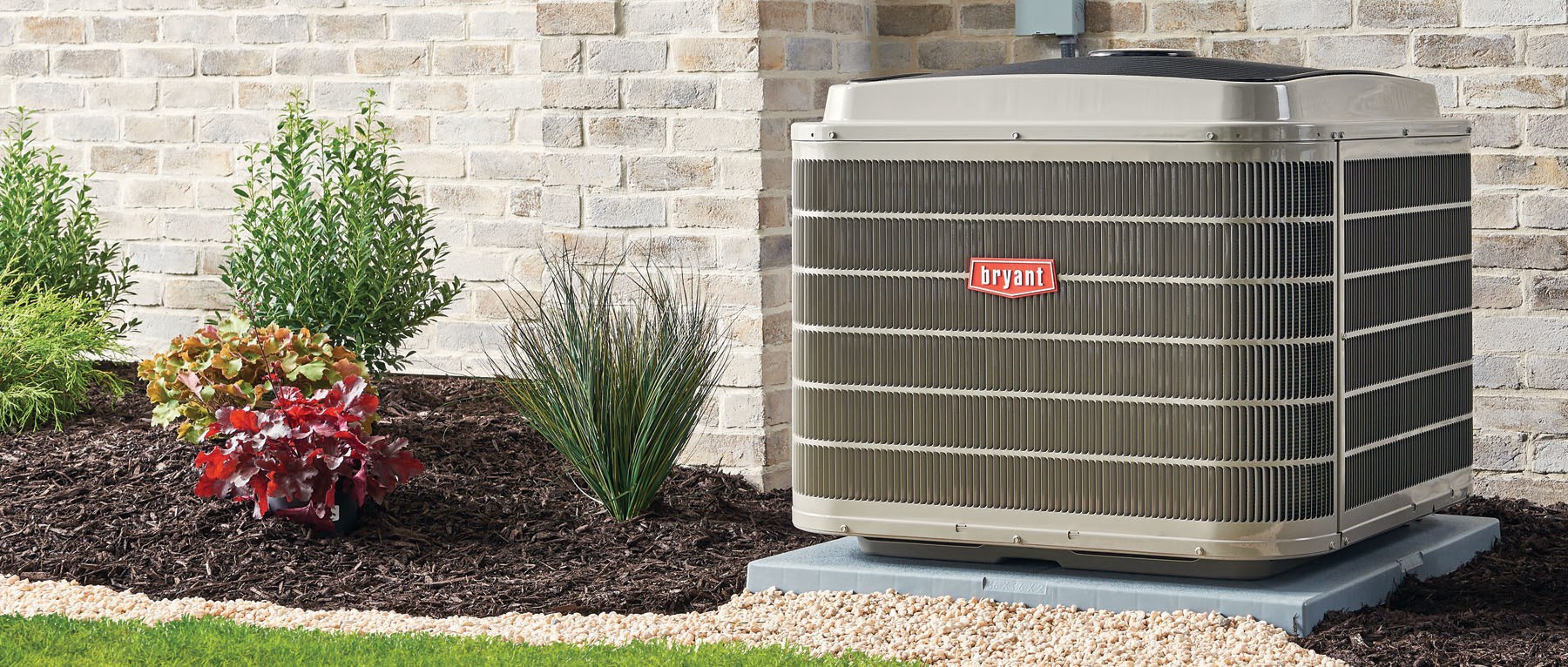Introduction
In today's world, where energy conservation and environmental sustainability are paramount, selecting an efficient HVAC system can make a significant difference not just to your utility bills but also to your comfort levels at home or in the office. Understanding what constitutes the most efficient HVAC system available is essential for homeowners and business operators alike. This article dives deep into various HVAC systems, their efficiencies, and guides you on how to choose the best one for your needs.
Maximize Efficiency: What Is the Most Efficient HVAC System Available?
When discussing efficiency, it’s crucial to understand that not all HVAC systems are created equal. The term “most efficient” often refers to systems with high SEER (Seasonal Energy Efficiency Ratio) ratings for air conditioners and high AFUE (Annual Fuel Utilization Efficiency) ratings for heating units. A combination of advanced technologies—including variable speed compressors and smart thermostats—also plays a vital role in maximizing efficiency.
The modern market offers several options such as central air conditioning systems, ductless mini-splits, heat pumps, and more. Each has unique features that can either enhance or reduce overall efficiency depending on your specific requirements.
Understanding HVAC Systems
What Is an HVAC System?
HVAC stands for Heating, Ventilation, and Air Conditioning. It encompasses all systems designed to control indoor temperature, humidity, and air quality in residential or commercial buildings. An optimal HVAC setup enhances comfort while minimizing energy consumption.
Components of an HVAC System
Heating Unit: Typically a furnace or heat pump responsible for heating your space. Cooling Unit: Usually an air conditioner or evaporator coil that cools the indoor air. Ventilation: Involves both mechanical and natural ventilation to promote fresh air circulation. Ductwork: Channels through which conditioned air travels throughout the building. Thermostat: The control unit that regulates temperature settings.Types of Efficient HVAC Systems
1. Central Air Conditioning Units
Central AC professional ac installation Direct Home Services units are among the most common systems found in homes today.
- Pros: Even cooling across larger spaces Higher SEER ratings available Cons: Requires ductwork installation Higher initial costs
SEER Ratings Explained
SEER ratings range from 13 to over 25; higher ratings indicate greater efficiency.
2. Ductless Mini-Split Systems
These systems are perfect for homes without existing ductwork.
- Pros: Easy installation Individual room control Cons: Higher cost per unit Aesthetic concerns with wall-mounted units
3. Heat Pumps
Heat pumps serve as both heating and cooling units.
- Pros: Highly efficient (up to 300% efficiency) Environmentally friendly alternatives Cons: Less effective in extremely cold climates
Evaluating Energy Efficiency
Energy Star Certification
Look out for Energy Star certification when selecting your HVAC system—it indicates superior energy performance.

Why is this important?
An Energy Star-rated unit can save you up to 30% on energy costs compared to standard models!
Regular Maintenance Matters
An efficient system requires regular servicing from a qualified HVAC contractor to ensure optimal performance.
- Clean filters every month. Schedule professional inspections annually.
Choosing an HVAC Contractor
How to Find the Best HVAC Near Me?
When searching for "ac repair near me" or "best hvac near me," consider:
Reviews & Ratings Licensing & Insurance Experience & ExpertiseTips for a Better Experience
- Ask about warranties on parts and labor. Get multiple quotes before making a decision.
Installing Your New System
AC Installation Near Me
Finding reliable “ac installation near me” services can significantly affect long-term performance.
Steps Involved in Installation:
Assessing Home Layout Selecting Appropriate Size Professional InstallationDIY vs Professional Installation
While some may prefer DIY methods, professional installation ensures compliance with local codes and maximizes efficiency.
Cost Analysis of Different Systems
| Type of System | Average Cost | Annual Operating Cost | |-------------------------------|--------------|-----------------------| | Central AC | $3,000-$7,000 | $200-$600 | | Ductless Mini-Split | $2,000-$5,000 | $150-$400 | | Heat Pump | $4,000-$8,000 | $100-$350 |
Return on Investment (ROI)
Investing in more efficient systems may have higher upfront costs but often results in lower operating expenses over time.
FAQs About Efficient HVAC Systems
Q1: What is the most energy-efficient type of HVAC system?
A1: Heat pumps are often considered the most energy-efficient due to their ability to transfer heat rather than generate it directly.
Q2: How often should I perform maintenance on my HVAC system?
A2: It is recommended to service your system at least once a year—twice if you live in extreme climates.
Q3: Can I install an AC unit myself?
A3: While possible for experienced DIYers, professional installation is usually recommended to ensure proper function and compliance with codes.
Q4: What SEER rating should I look for?
A4: Look for a SEER rating of at least 16; higher values indicate better efficiency which can translate into lower bills.
Q5: How much could I save by upgrading my old AC unit?
A5: Depending on its age and condition, you might save anywhere from 20% to even over 50% on cooling costs by upgrading!
Q6: Are there any rebates available for installing energy-efficient systems?
A6: Many states offer incentives or rebates through utility programs; check local resources for details!


Conclusion
In conclusion, maximizing efficiency through selecting the right HVAC system is vital not only for comfort but also for cost-effectiveness and environmental responsibility. Whether you're exploring options like central air conditioning units or cutting-edge heat pumps—understanding their efficiencies will guide you toward making an informed choice.
For those wondering about "ac replacement near me" or "hvac replacement near me," remember that investing time into research will pay off both now and in years down the line when you start seeing those savings reflected in your utility bills!
So don't hesitate! Start planning today how you can maximize efficiency with one of the best hvac solutions available!